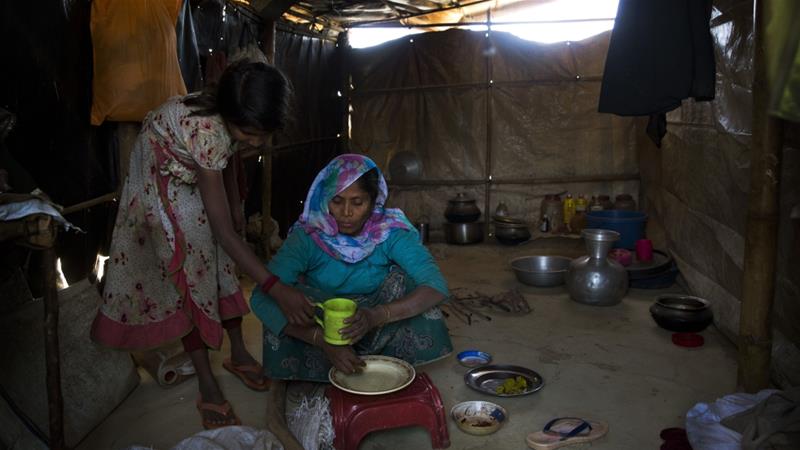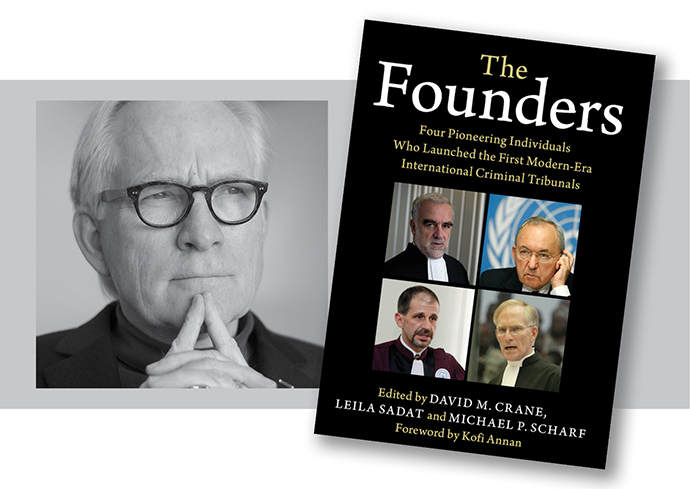By: Brian Kim
Impunity Watch Reporter, Asia
NAYPYIDAW, Myanmar – According to a recent report by the Associated Press (AP) news agency, many Rohingya villagers have been massacred and buried in five mass graves. AP reported that around 400 Rohingya villagers were murdered by members of Myanmar’s military.

The survivors of the massacre told the Associated Press that the killing took place on August 27. The attack happened in the village of Gu Dar Pyin. According to Noor Kadir, a survivor of the massacre, he found six of his friends buried in two separate mass graves. Kadir stated that he was only able to identify his friend by the color of his friend’s shorts.
The attack began around noon when 200 soldiers attacked the village. Based on a video that was obtained after the fact, it showed the soldiers using acid to remove traces of evidence. The survivors told the Associated Press that the Burmese military tried to cover up evidence of murder.
Previously, Myanmar had admitted responsibility for one mass grave site in the village of Inn Din. However, the government is denying the massacre that allegedly occurred in Gu Dar Pyin.
Since the attack, Myanmar has denied access to Gu Dar Pyin. Due to this reason, it is difficult to get the accurate number of deaths. However, based on the satellite images gathered from DigitalGlobe, the village is reported to be wiped out.
Myanmar is denying AP’s investigation. The government in a statement reported that 17 government officials investigated the matter in Gu Dar Pyin. When they spoke with the community leaders, they informed the agencies that “no such things happened.”
Since the conflict began, around 680,000 Rohingya minority have fled Myanmar and relocated to Bangladesh.
For more information, please see:
Al Jazeera – Evidence of Rohingya mass graves uncovered in Myanmar – 1 February, 2018
ABC News – Myanmar government denies AP report of Rohingya mass graves – 2 February, 2018
Reuters – Myanmar denies report of new mass graves in Rakhine – 2 February, 2018


